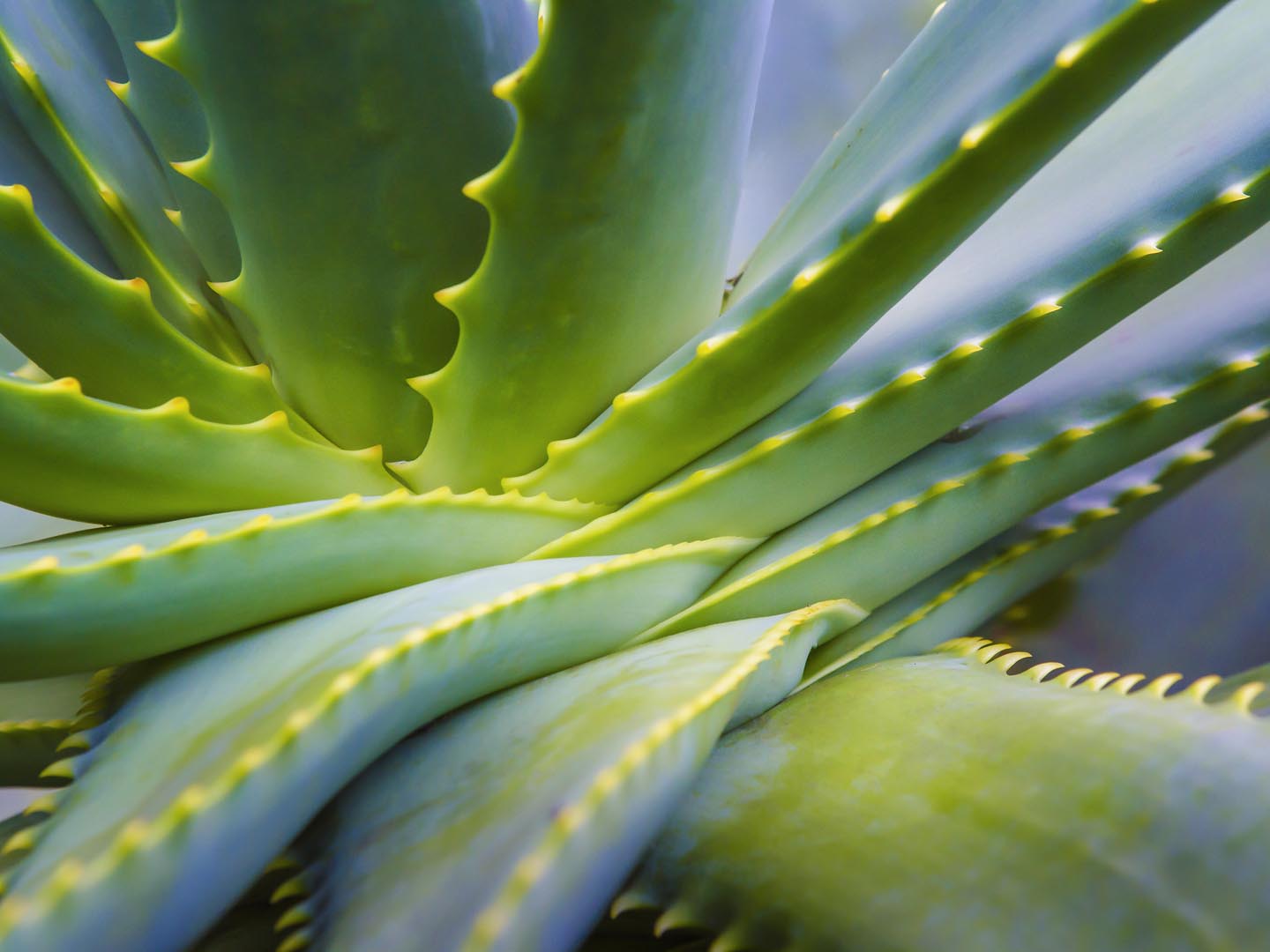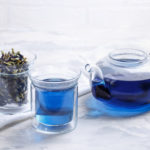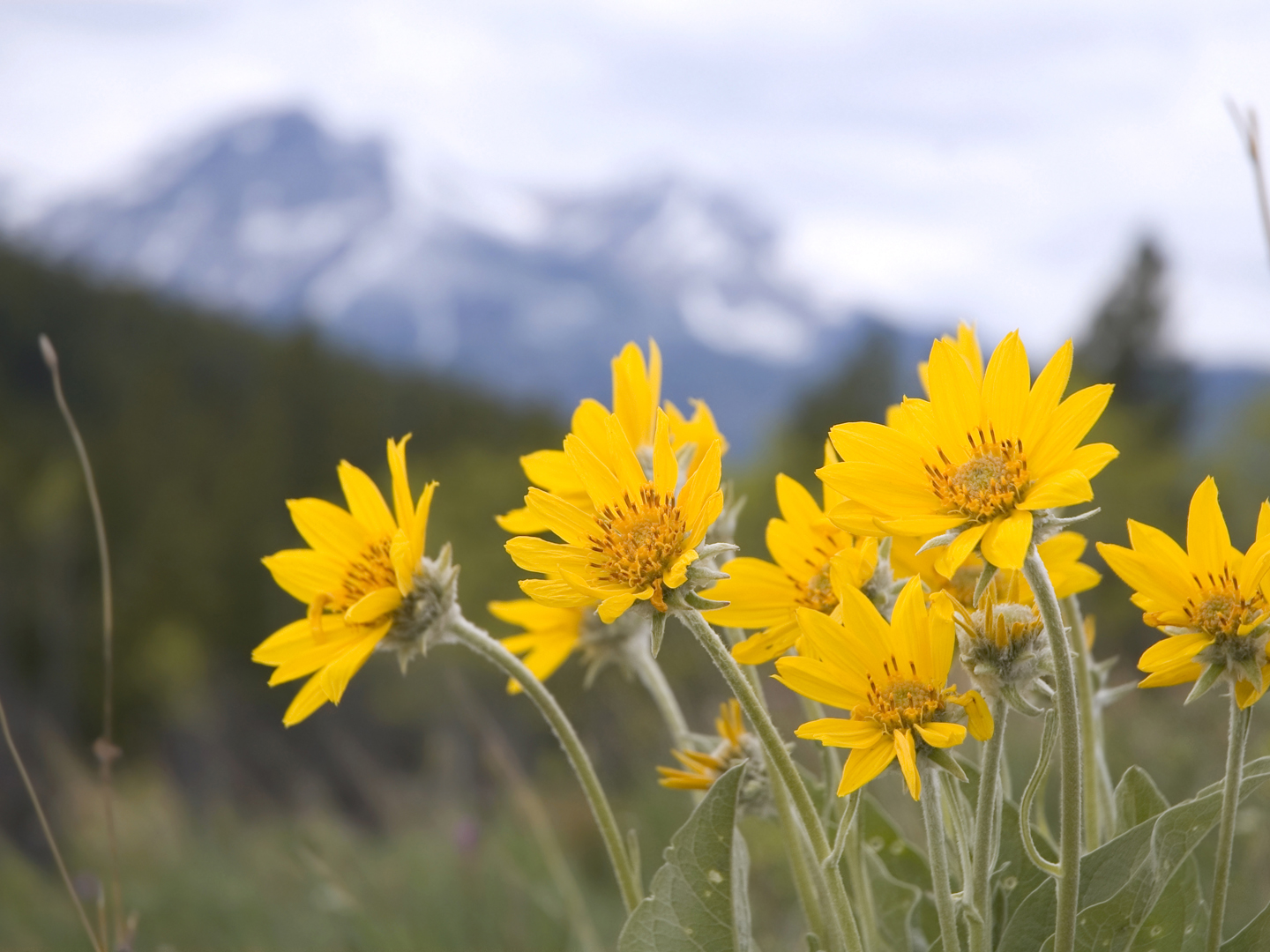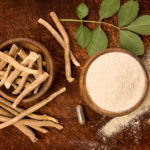Thyme
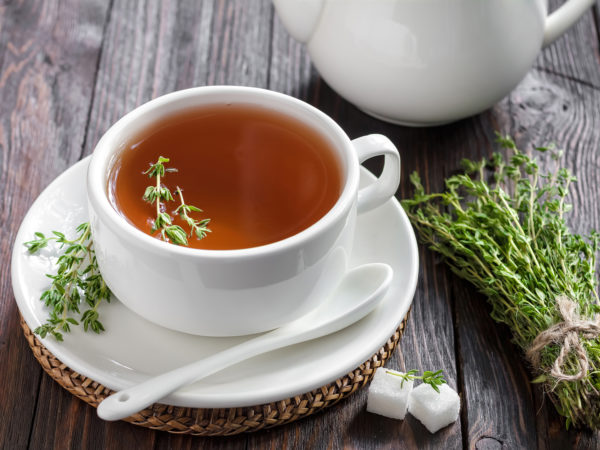
Thyme (Thymus vulgaris)
Thyme is a perennial herb with a long history of use by the ancient Egyptians and Greeks for a wide variety of purposes, including embalming, as incense, to ward off evil spirits and as gifts that were believed to confer courage. Native to Asia, the Mediterranean region and southern Europe, its flowers, leaves, and essential oil are used today for medicinal and culinary purposes.
Used for:
Thyme has antibacterial and antifungal properties, and has been used to ease chest congestion, sore throat, gas, indigestion, as a mild diuretic and to stimulate the appetite. Since thyme has antiseptic properties, it can be applied topically to minor cuts and wounds and to toenails to address toenail fungus. Thymol, a primary volatile oil constituent of thyme, has potent antioxidant activity, and may help prevent tooth decay when used as part of a mouthwash – it is a constituent in many commercial mouthwashes.
Available in:
Dry, fresh, powdered herb and essential oil.
Herb / drug interactions:
Thyme may slow blood clotting when taken in therapeutic amounts, and should not be used in conjunction with medications or natural products that do the same.
Other safety concerns:
Thyme is thought to be generally very safe. As a precaution, pregnant women should not use the herb. Due to its blood thinning effects, people who are scheduled for surgery should not take thyme, except in food, for at least two weeks prior to surgery to avoid complications.
When buying:
Look for high quality products from reputable supplier. Purchase organic thyme when possible for cooking and tea preparations.
Dosage:
The usual amount of leaf used therapeutically is 500-1000 mg taken up to three times per day.
Child dosage:
The dose for children is not available, though it is commonly used in combination products in Europe for minor respiratory complaints.
Dr. Weil says:
Like my colleague, Tieraona Low Dog, M.D., I think thyme can play an important role in treating mild health concerns. It can help to suppress coughs, and is a good anti-fungal. I am a great fan of thyme in cooking. I enjoy it fresh, and find it among the easiest herbs to grow – if you lack garden space, keep a little thyme in a pot on the windowsill!
SOURCES:
Thyme. Natural Medicines Comprehensive Database Consumer version. Stockton, CA: Therapeutic Research Faculty, Updated May 4, 2013, accessed February 24, 2014 at http://naturaldatabaseconsumer.therapeuticresearch.com/nd/Search.aspx?rn=4&cs=NONMP&s=NDC&pt=100&id=823&fs=NDC&searchid=45326962Thyme, Health Canada. Updated February 12, 2008, accessed February 24, 2014 at http://webprod.hc-sc.gc.ca/nhpid-bdipsn/monoReq.do?id=173
Reviewed by Tieraona Low Dog, M.D., March 19th, 2014.






